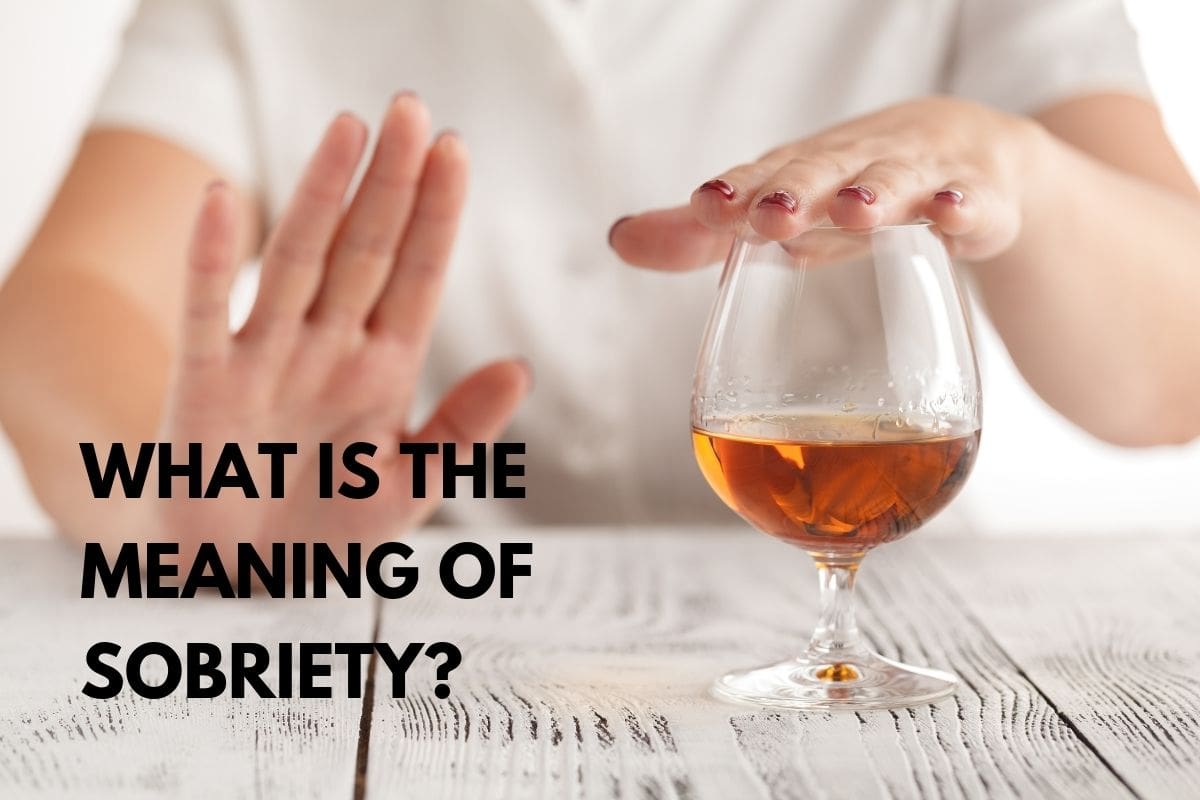Sobriety is often referred to as the ultimate goal in drug and alcohol addiction treatment what is the sobriety meaning? As frequently as it’s used in addiction treatment jargon, there’s a good chance that it doesn’t mean what you think. Yes, that means that the way it’s used by recovery culture, 12-step groups, and society as a whole, is different from the actual definition.
Sobriety Definition: Concept vs. Textbook Meaning
What is sobriety? The mainstream concept of sobriety is commonly understood to mean completely refraining from a particular behavior or substance. However, what this is describing is abstinence. The textbook definition of sobriety is simply not being intoxicated at a point in time.
How did our understanding of the word come to be something so vastly different from the actual sobriety definition? One big part of this is something that has affected culture since the beginning of civilization: language is subjective. The words we use to communicate and describe are merely social constructs, and as such, the meaning of words can change rapidly along with society’s tastes.
This History of the Abstinence Mindset
The fickle nature of the English language is not the only reason why the abstinence-conflated definition of the term has risen to prominence. The primary reason why mainstream society thinks of sobriety as it currently does was proliferated by the social and political atmosphere of the early 1900s.
In the early 19th century, drunkenness and drug use were heavily stigmatized and seen as morally wrong. Instead of treatment, individuals were met with punitive action including imprisonment. This attitude towards substance abuse and addiction pervaded until the early 20th century once Prohibition had ended. Growing awareness of the influence that the chemicals of these substances had on the body and mind had begun to change addiction from a moral issue to a medical one.
This shift in mindset laid the groundwork for what would eventually become the disease model of addiction. In this philosophy, individuals started with agency but eventually lost it as compulsion gave way to addiction. A drastic shift in society’s view of substance abuse happened and the need for medical treatment (rather than punishment) was introduced.
Sobriety Goes Mainstream
Soon after this new, medically sympathetic mindset, a little organization called Alcoholics Anonymous, was created. Influenced by the new idea that addiction has a medical basis, Alcoholics Anonymous held that:
- Addiction was inherent for certain individuals, a predisposition that could not be controlled
- Once these individuals drink alcohol, they will lose all power to stop themselves and are helpless against cravings
- Addiction is not reversible and it can only be managed by lifelong abstinence
It is no coincidence that many of the principles that Bill Wilson based A.A. on are nearly identical to the modern sobriety definition as it has come to be known. The swift and widespread success of A.A. quickly proliferated the idea that sustained sobriety was recovery. As with other 12-step and peer-based recovery organizations, these too carried this message.
Now, nearly 100 years later, the disease model of addiction is still pervasive and has gone on to influence not only society, but healthcare, legislation, and medical practices.
Why The Meaning of Sobriety Matters
The heavy emphasis on abstinence in today’s modern meaning of the word can lead to a shallow idea of what it means to be recovered. While being able to successfully quit the compulsive use of drugs or drinking alcohol is an important aspect of recovery, that’s only one aspect of it.
True recovery involves overcoming the factors that led to addiction in the first place. Whether it’s identifying an underlying mental illness or a lack of a healthy coping mechanism, this is the crucial part of addiction treatment that accomplishes long-lasting healing and is why behavior therapy and counseling are needed in addition to medical detox. Learn more about how a Maryland addiction recovery center can help you genuinely recover from your addiction.

































